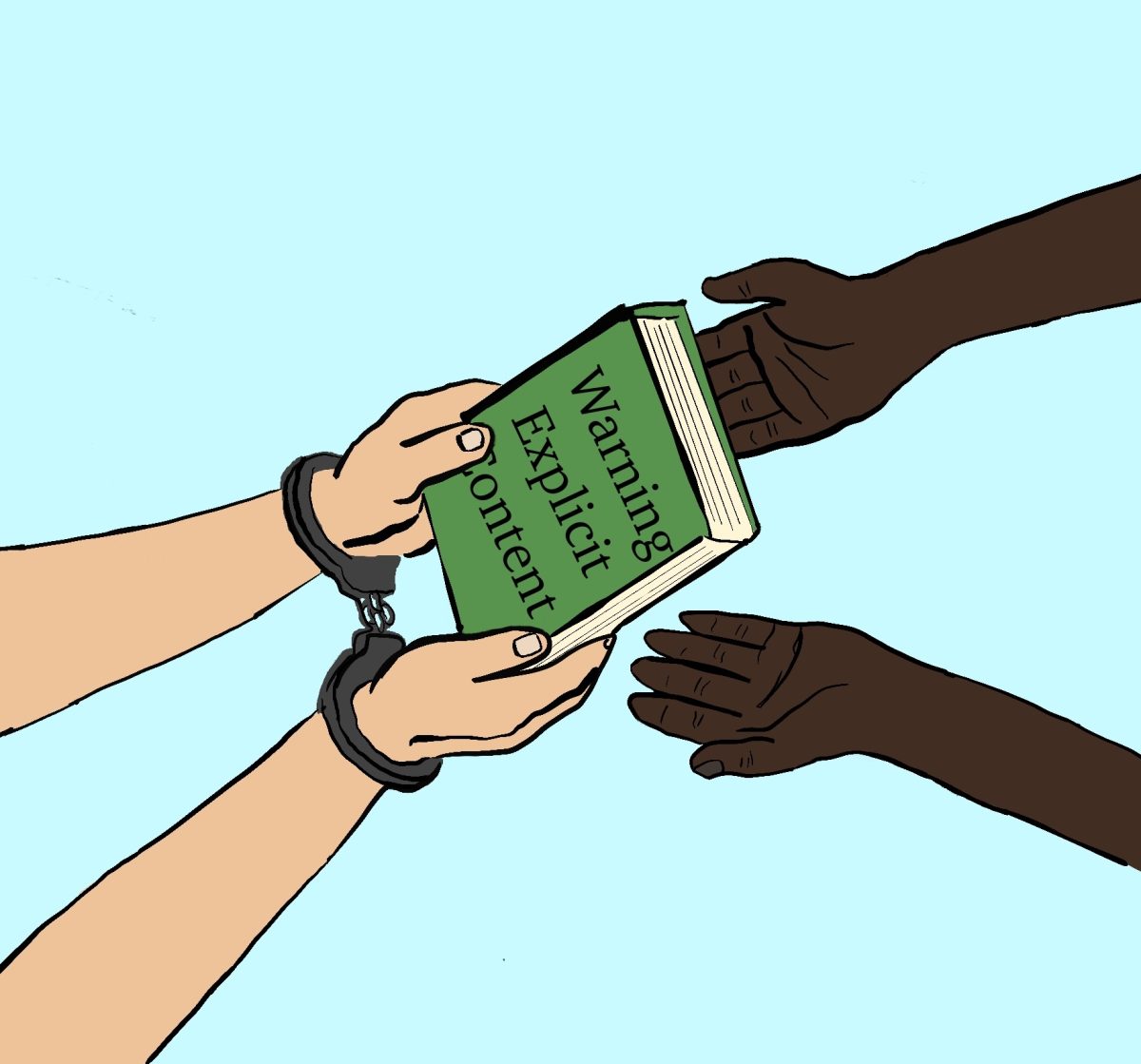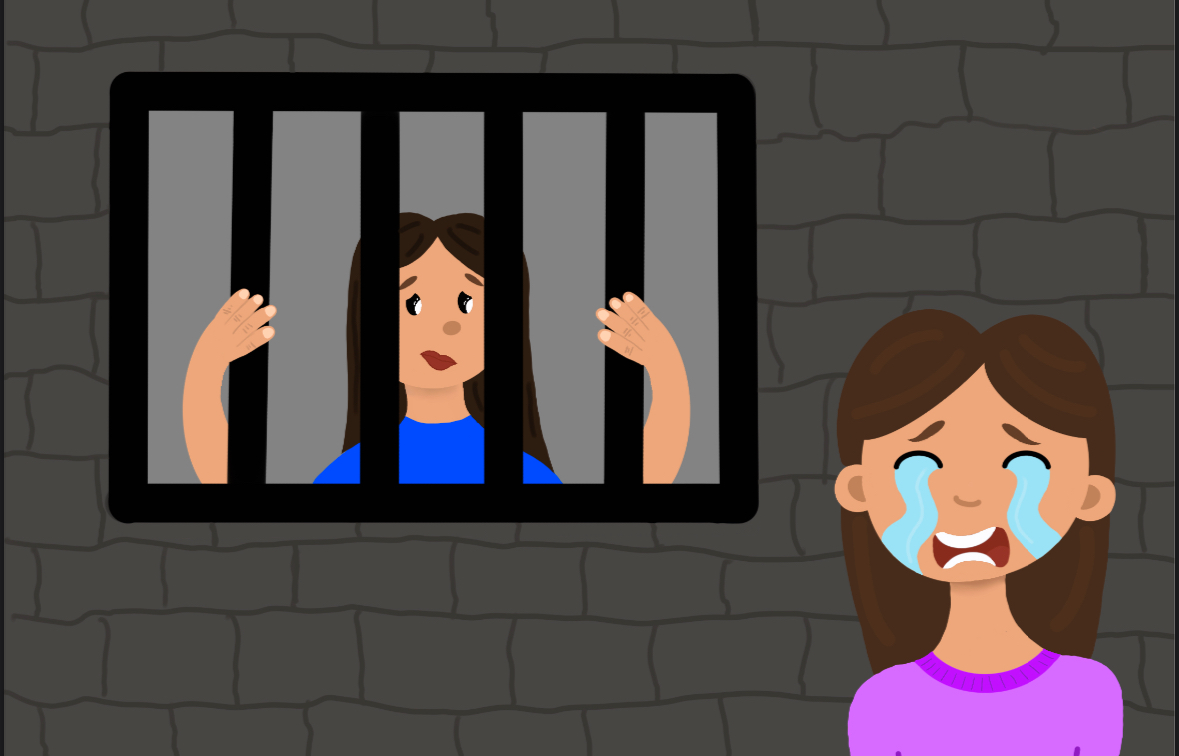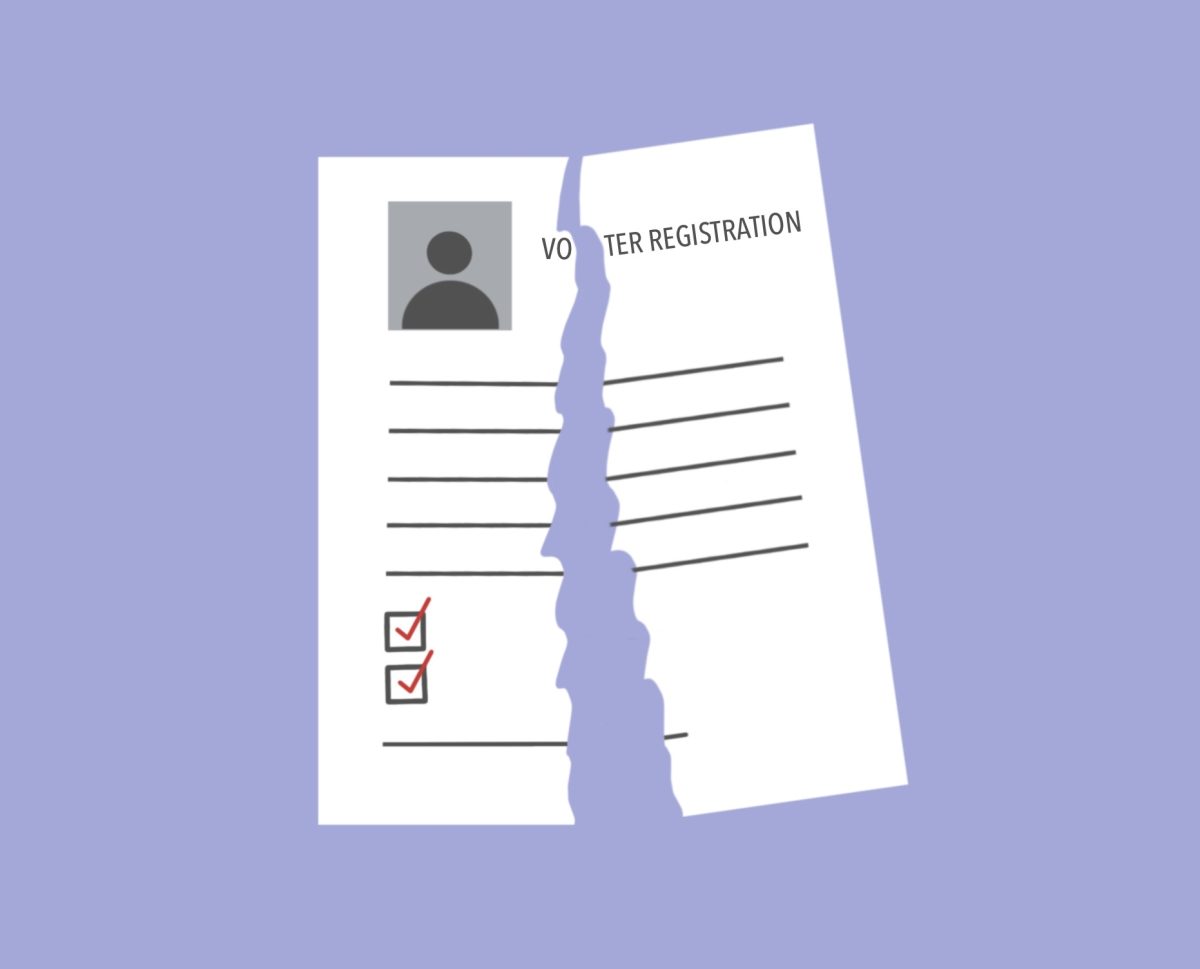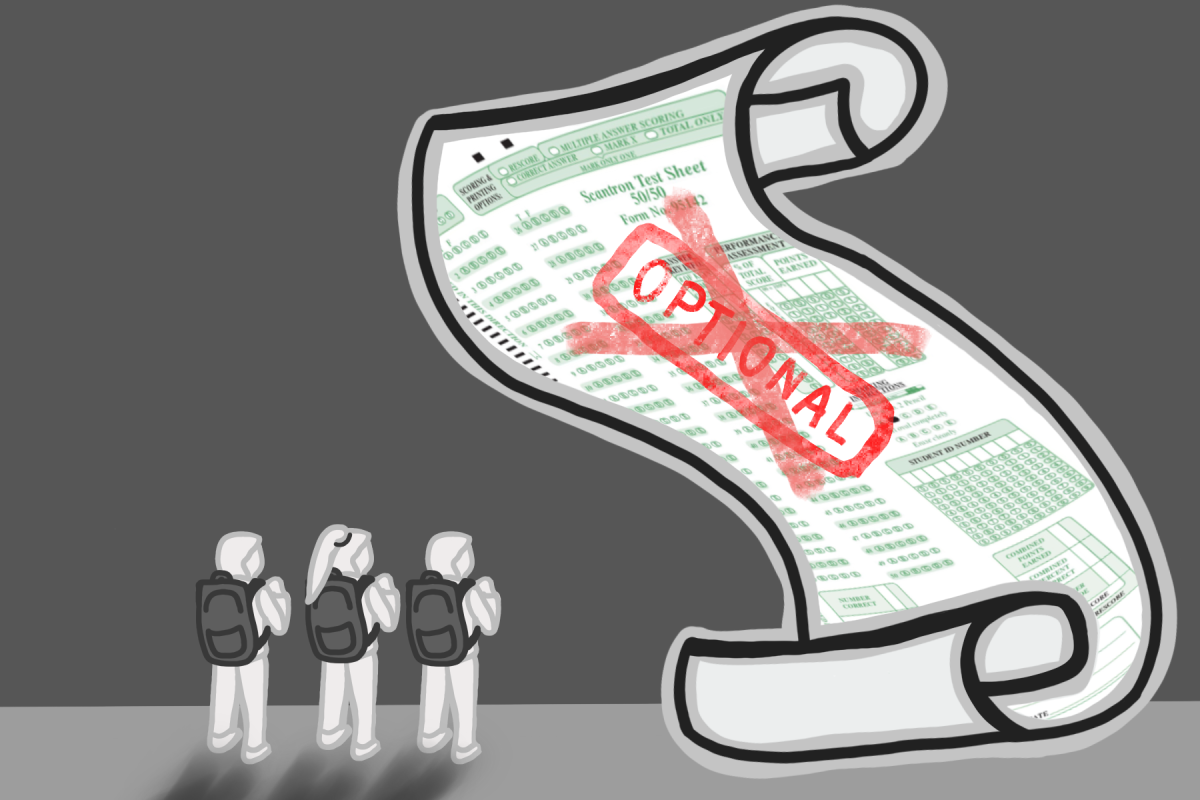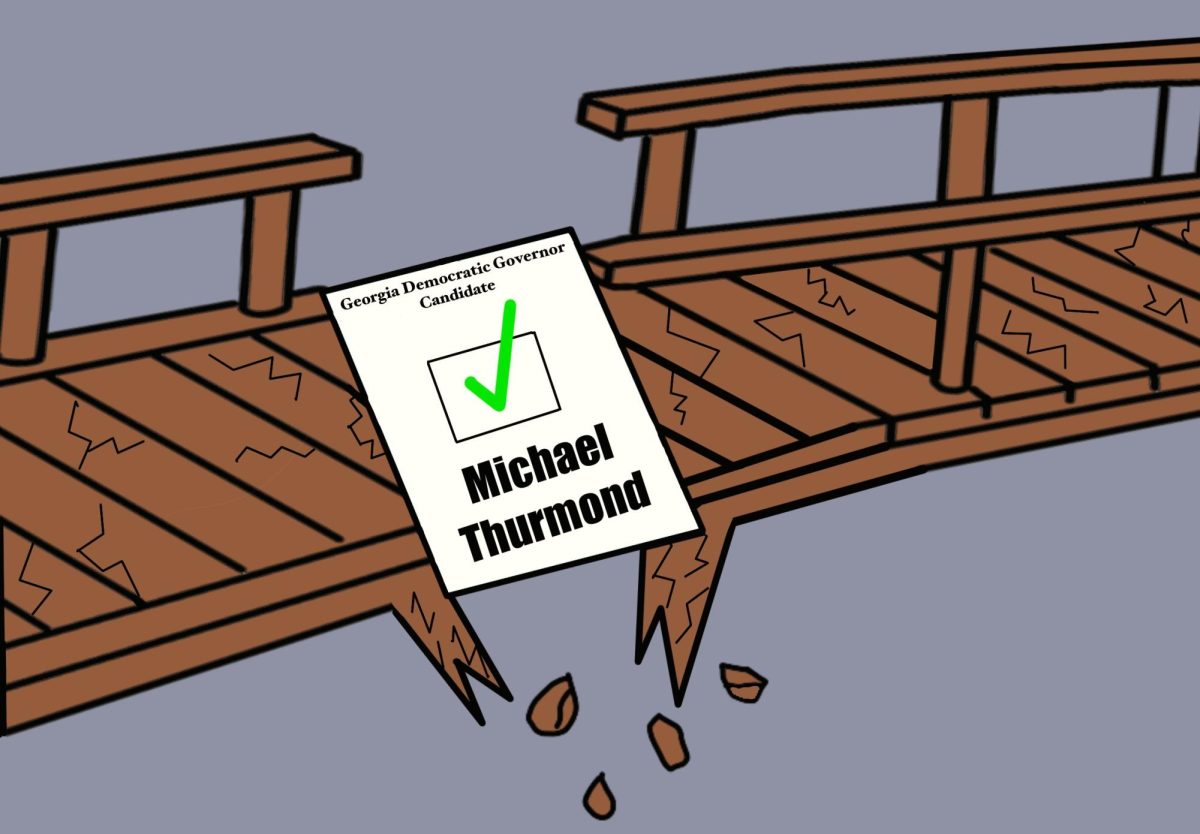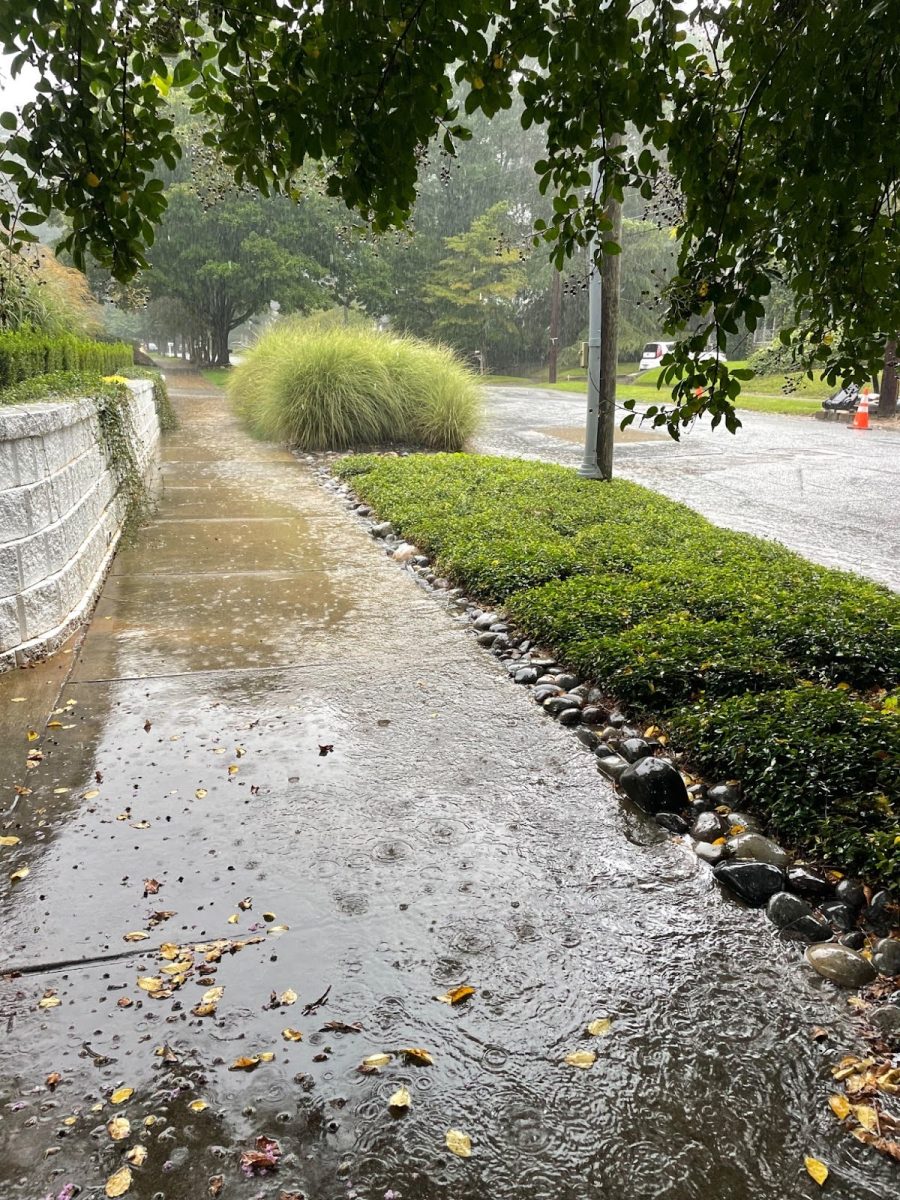Georgia Senate Bill 74, sponsored by Republican Sen. Max Burns, aims to charge any public librarian that knowingly distributes explicit or harmful content to a minor.
This bill aims to amend the section of the state code that discusses the distribution of explicit or harmful content to minors.
“As a parent, naturally, I would not want books that could be harmful distributed to my children,” Jennifer Saunders, library and media services director for Atlanta Public Schools, said. “The concern makes sense. However, the concerning part of the bill is who determines what materials are harmful. There are instances when books that reflect family structures different from my own are considered harmful. There are books that represent my culture, as well as other non-white cultures that are banned and considered harmful.”
Christen McClain, Midtown’s media paraprofessional,expressed concern that this bill could place too much authority on an individual who has an issue with a certain book.
“It would give an unusual amount of power to a single parent or community member who decided they did not like a particular book,” McClain said. “There have been a lot of people that impose their values on the greater community who may not share the same values.”
While some content that is currently available for minors may have some inappropriate content, McClain said most of the time that content is a small part of the book.
“Usually, an explicit part of any book, young adult or otherwise, is a very small part of the entire story,” McClain said. “It’s overemphasizing a part of the character’s development or how the story moves along. It’s overblown in comparison to the one or two paragraphs [that] could cause the whole book to be banned.”
Cultural Effects
Previously, books with themes relating to the LGBTQIA+ community, sex, or violence and abuse have been deemed explicit under this code.
“My main concern with this bill is how it can change people’s perception of certain topics,” sophomore Alex Moyer said. “Whoever has the power to restrict these books from school libraries also has the power to control the information and content that are given to children in these books. Topics that are often needlessly contentious, such as LGBTQ+, could become more controversial if certain books become marked as “explicit” by those who disagree with the topic.”
Saunders believes the reach of the bill could extend beyond these common controversial topics.
“The types of books affected would include stories with families that differ from what many deem ‘traditional’ families,” Saunders said. “Also, books with stories about the accurate history of the development of the United States may be affected. Stories celebrating other cultures might also be affected. This bill is an attempt to clear the shelves of any stories that do not reflect the views of a few people in this country.”
The bill does not give specific indication as to what content is determined to be explicit or how content is determined to be. Moyer highlights how this gap can cause some social issues and give more control to politicians of what content is allowed and what is banned.
“I can definitely see this bill affecting access to books significantly, especially in schools,” Moyer said. “Those who are uneducated are more easily persuaded and mislead, and this bill [can cause] the line between what is considered explicit and what isn’t will slowly become less clear, leading the distribution of books to be manipulated, and therefore, the knowledge and understanding of the world from those whose access to books is limited will also be manipulated.”
Moyer believes the long-term impact and effect of the bill could narrow the perspectives and representation in the media accessible to students.
“With these books potentially becoming restricted, there will be a significant decrease of representation and likely an increase of stigmatization of such groups,” Moyer said. “Additionally, this may lead many students to accept restrictions that are being placed on them, leading to less involvement in freedom of speech, such as protests.”
School and Community Impact
Saunders also believes that this bill could have an effect on purchasing books for schools, specifically to those with less funding.
“This bill would greatly reduce the number of books made available to students,” Saunders said. “In some of our schools, it is already difficult to spend the allotted funds on new books for the school library, and with this bill, librarians and school leaders would likely opt to not purchase any new books out of fear of retaliation.”
Among the overall debate and controversy of the bill, the question many are having is about what the repercussions would be if the content was distributed unknowingly, and how that would be proven.
“Our school librarians conduct inventory each year, so we are aware of many of the books in the collection, but not all,” Saunders said. “It is impossible to know the content of each book on the shelf in the school libraries. It would be difficult for librarians to ensure full compliance [to the bill].”
Due to the potential difficulty to fully abide by the bill, it could shift the focus of the tasks required by librarians. Moyer believes the bill could also misrepresent librarians or their intentions.
“I think it’s unfair to hold them legally accountable because librarians have no intent to distribute harmful books; all they’re trying to do is help give access to education,” Moyer said. “This could paint librarians as malicious, when in reality is the unfairness that has been placed upon them by this law. This also penalizes librarians for their commitment to educate children, as the law infringes on intellectual freedom. It’s also quite unreasonable, as they would have to go through and review every aspect of every book for content that might be deemed ‘explicit,’ making their job a lot harder and taking away from the educational part of their job.”
McClain emphasizes that librarians are familiar with the students at their schools, and are trained to cater towards them and help them.
“Trust the professionals – we know our audience and what might work at one school might not work elsewhere,” McClain said.

